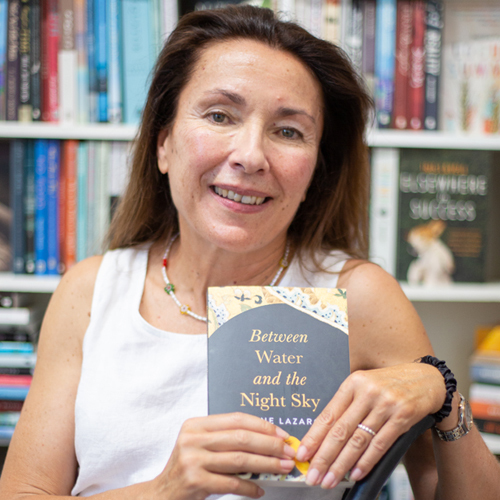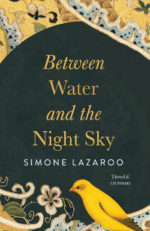In it for the long haul: ways of sustaining writing your first draft novel

During my thirty-five years as a published writer and thirty years as a teacher of creative writing at various universities, I’ve read several articles by creative writers, writing teachers or editors who say that starting to write a new story is the hardest part. But for me, beginning a story comes relatively easily. Almost always, whether I am writing fiction or creative non-fiction, inspiration and beginning to write are not a problem. I usually feel almost compelled to write by a sense of wanting to applaud, memorialise or share with others, the individuals, places and/or events that have intrigued me. I am fascinated and inspired by the world, people and their lives, and believe this is probably true for many writers. Or sometimes I am inspired by a sentence or scenario, real or imagined, and if I have a hunch these could develop into a story, I jot them down. But I must care enough about these if they are to sustain the writing of a story, particularly a novel-length story. I rediscovered this all over again whilst writing Between Water and the Night Sky, my latest and seventh book.
Once you have identified and noted in writing, even briefly, what you care enough to write about, you have a potential story. (Other writers and how-to-write books will suggest many other approaches. Different approaches will work for any one writer at various times). If I’m writing a short story, the first draft usually follows reasonably easily. But when it comes to writing something the length of a novel or a long novella, sustaining my writing of a detailed first draft is more difficult.
Sometimes, if I feel too intimidated by the thought of writing a novel-length manuscript, I begin by writing two or three short stories that I link to form a novel subsequently. Between Water and the Night Sky began in this way. But with age, I have become even less confident about writing a novel-length manuscript, and that feeling can sometimes last through subsequent drafts, right up to the time I initially submit my manuscript to a publisher. When I had completed several drafts of Between Water and the Night Sky, I confided in my first reader of many of my manuscripts, Susan Ash, (who through some miracle remained my friend after supervising my PhD for three and a half years), that I didn’t think the manuscript would find a publisher. So I was pleasantly surprised when Fremantle Press, the first recipient of my manuscript, contacted me soon after receiving it to say that they wanted to publish it.
Now I am writing the first draft of another novel-length manuscript, and am experiencing more or less the same lack of confidence I had before. I use three general approaches to sustaining my writing when I get stuck in the midst of a long first draft, sometimes alternating between the three on any one day. These are:
Researching the individuals, places and events I’m writing about.
This research might be archival, online, undertaken in libraries or museums, through interviews, informal conversations, observations or sometimes serendipitous incidents. It’s often quite random, a case of ‘following my nose’ to pursue interesting snippets of information. These kinds of research are important because even creative, fiction or imaginative writing is usually built upon a foundation of details drawn from ‘real’ life.
Free writing around the scenarios and individuals I’m writing about.
This involves allowing yourself to ‘play’ and experiment as you write, without being critical of your writing. (There are plenty of opportunities to be critical of your writing in the later draft stages!) The writing educator Peter Elbow was one of the first to coin the term ‘free writing’, but you can find out more about variations on this approach in various how-to-write books, including Kate Grenville’s The Writing Book, Janet Burroway’s Imaginative Writing, and various other titles.
Read other creative writing you like, whether that be novels, short stories or poems.
And/or view films you like. All these suggest story ideas, techniques and ways of using language to complement your own.
The above suggestions are not prescriptive or exhaustive, they are simply what works for me when I am stuck in my writing; various authors, online sites and books on writing will give you more tips. But once you’re in the habit of taking note of what fascinates you in life and in writing, it’s important to give yourself the opportunity to seek, find and try whatever strategies work for you.



